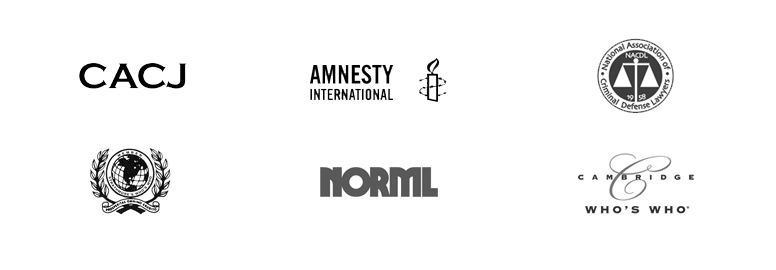Passed in 2000, the Military Extraterritorial Jurisdiction Act (MEJA) applies U.S. laws to American military contractors living abroad. The law was initially enacted to apply to only to those civilians employed by or accompanying the armed forces, but in 2004 was amended to extend to other civilian contractors and federal employees abroad whose work is in support of the armed forces overseas.
Generally, U.S. courts have no jurisdiction over crimes committed by U.S. citizens abroad. MEJA is an exception to this rule. It closes what was viewed as a loophole, where civilian contractors and other civilians accompanying the military could commit crimes abroad without facing any form of prosecution. While those individuals might face prosecution under the law of the nation where the crime occurred, enforcement of criminal laws in foreign nations is inconsistent and in some cases, such as in past instances in Bosnia and Iraq, foreign governmental authority is entirely lacking at the time crimes are committed.
MEJA only applies to felony crimes, not minor infractions and misdemeanors. If the foreign nation where the crime occurs does prosecute the crime, there is no MEJA jurisdiction and the defendant cannot be tried in both the foreign nation and in the U.S. Recently MEJA was applied to a South African national employed as a contractor by the Department of Defense in Afghanistan, and the South African national was extradited to the U.S. to face charges of stabbing a British contractor.
As a relatively new law, there are many unanswered questions about the scope and effect of MEJA. Criticisms have been leveled against MEJA particularly where former military personnel are charged. Problems with authenticating and preserving evidence often are present in MEJA cases. However, in many other respects MEJA cases are the same as other criminal cases, as U.S. laws, procedures and constitutional protections apply.
Representation by an experienced Military Extraterritorial Jurisdiction Act attorney is important in these complex cases. The Law Offices of Vincent J. LaBarbera has significant experience representing criminal defendants in federal court, and will aggressively represent you throughout any MEJA criminal proceeding. Contact our office at (949) 662-1791 for a confidential consultation.






